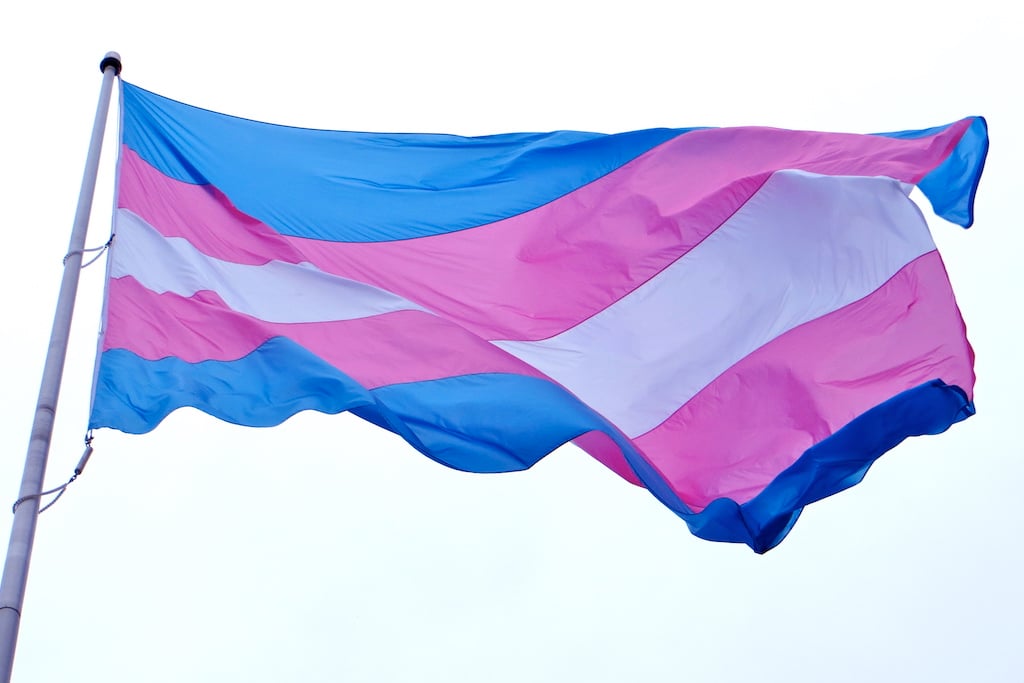Living Trans In Australia In The Age Of Anti-Political Correctness

Trans women have a reputation for being hyper-visible, but you wouldn’t look twice at me if I passed you in the street. I don’t stand out.
Living in a high socio-economic area within a conservative-leaning city in 2019, I tend to stay around places I feel safe, with my small but close “bubble” of friends. The closest thing I have to any real social life is my Facebook page. But I still like to keep up with whatever is going on in the world.
Taking part in ABC News’ recent Australia Talks survey, I answered a bunch of questions about my demographic, age range, political and personal views at a decent level of detail. I just hit my fifth decade, am a university-educated professional working in a gig-economy industry. My responses also contained hints around my social conscience.
The survey didn’t ask if I was transgender, but it did ask if I think Australia has become too politically correct. The responses revealed 66 percent of Australians believe that political correctness has gone “too far”.
For many, political correctness has come to look like some cultural police force seeking to extinguish all their fun. For me, in a position where I am once again looking for work, it’s something that ensures my safety and employability. It impacts my ability to access credit or rent a property. It allows me to go about my daily business, buying groceries and existing outside of my home.
A Fair Go
There’s a crossover between those who believe political correctness has gone too far and those who uphold the importance of “A Fair Go”. Without political correctness, many Australians don’t have any chance of “A Fair Go”. In theory, they should both exist. In reality, we need to pick one; they’re mutually exclusive concepts.
During the 2017 same-sex marriage debate, proponents against political correctness completely hijacked the issue for their aims. Tony Abbott, former Prime Minister and culture-warrior-in-chief famously proclaimed that “if you’ve had enough of political correctness, vote No”. No, that is, to the question of whether consenting adults of the same sex could get legally married in Australia. It wasn’t “do we want to use non-discriminatory language in schools?” or “should gender-neutral toilets be made available?”, but this broad lens was applied to what was ultimately, a very specific question.
Without political correctness, many Australians don’t have any chance of “A Fair Go”.
We are now in a position where the long-awaited Religious Freedom legislation is being tabled to Parliament and, of course, that phrase “political correctness” is never far away. The legislation seeks to wind back twenty-five-year-old anti-discrimination laws that exist to protect people like me. As a current job-seeker, this isn’t academic to me. I probably wouldn’t want to work for a place where they were going to discriminate against me for my gender identity, but this is an enabling action to many. Suddenly, what was unacceptable a few months ago becomes acceptable — and legal — behaviour.
Legal experts, women’s groups, LGBTQIA-support groups and groups that support other minorities have all raised extreme concerns around the legislation. Those introducing this bill to Parliament would argue they are fighting for “A Fair Go.”
The Impacts Of “Anti-Political Correctness”
Despite every piece of advice from mental health agencies, the Coalition proceeded with the public same-sex marriage vote, and consequently, those same agencies reported 30-40 per cent spikes in call traffic. Those calls were mostly from young queer people, wondering if this country would ever have a place for them.
I can’t help but wonder, for how many people were calls to these agencies not enough? I can’t help but wonder how mealy-mouthed anti-political correctness arguments look in the face of this. Then, our Prime Minister routinely makes anti-transgender remarks whenever he wants to play to his home crowd.
In NSW schools, “anti-political correctness” documents were circulated recently. Again, this is not what the aim is; it’s not some broad-based cultural argument. The purpose is to directly target transgender children as we are now grappling with the next great social issue — some kids are trans. I’m pretty confident about that as I first started experiencing what I now know to be gender dysphoria in my early teens. That was the Nineties of course, and the education didn’t exist around the subject as it does today. But once again, we’re being targeted as the scapegoat for the conservatives’ culture war.
I didn’t see my ability to marry my partner in my home state (without legal interference) until the first quarter of 2019. Marriage equality has taken a lot longer for people like me.
Political correctness sometimes gets it wrong. Sometimes the language is evolving or cumbersome. Sometimes it hasn’t settled in enough, or an issue is merely going to take some time to settle around a consensus. Still, surely if we want to live in a place where a Fair Go has a chance to be a guiding light for us, we should be at least looking for how we could make the situation better for those of us who are different than the perceived mainstream in physical appearance or abilities, culture or otherwise.
In the meantime, to maintain my personal safety and that of my family, I use disabled restrooms while in public. I watch what I wear when I’m taking my child to and from school. I tend to stick to the same places to shop and buy all my clothes online.
I would rather live in a place where we try to minimise discrimination by default, but the area I live in seems to have lost that idea of “A Fair Go” — if we ever really had it to begin with.

